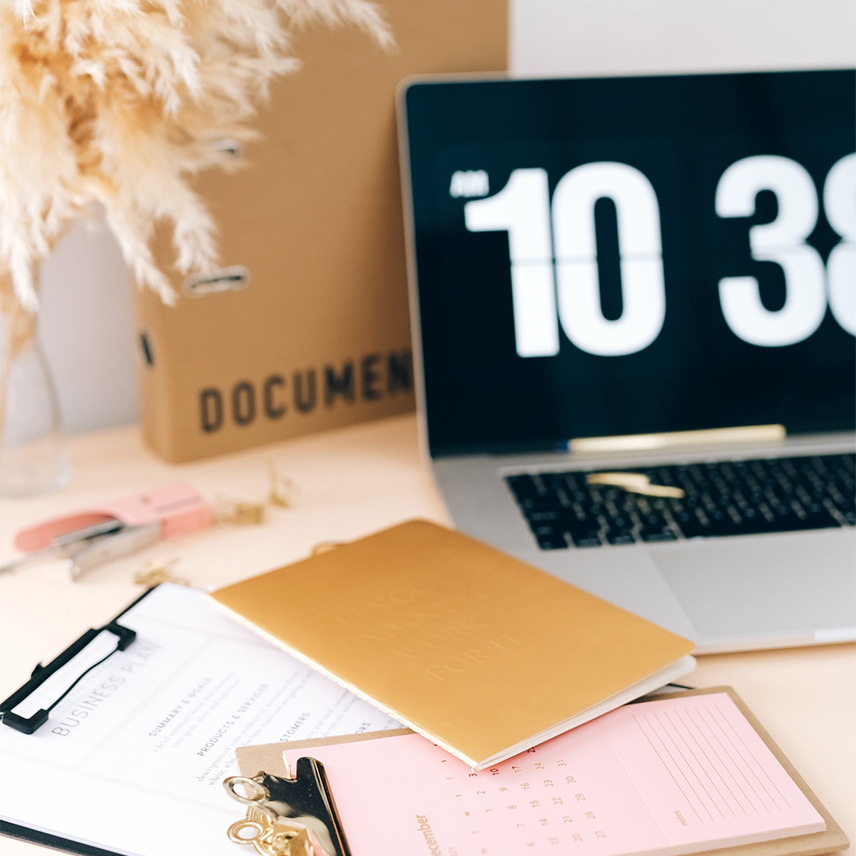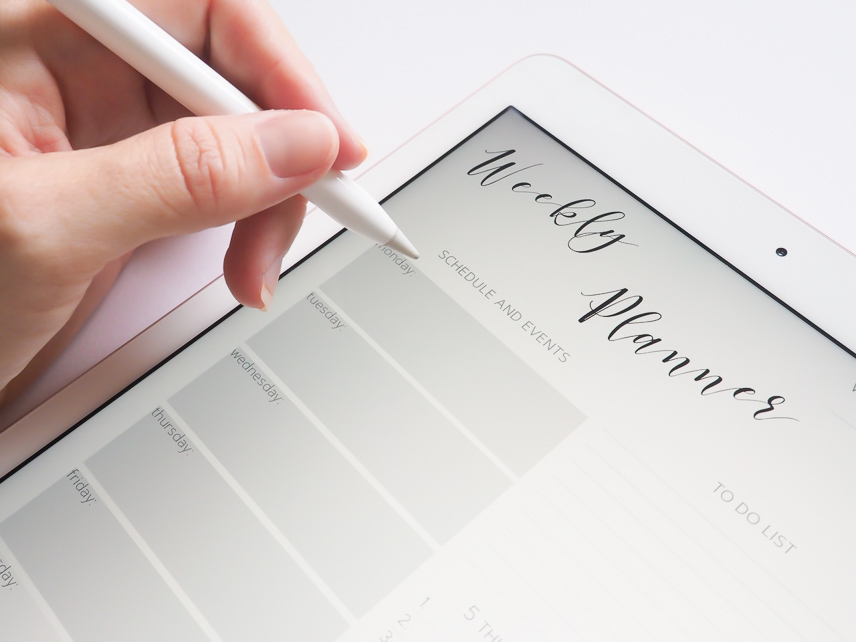How to Stop Procrastinating and Get Things Done

The majority of people procrastinate.
From time to time, we all tend to put off unpleasant tasks, but it starts to get serious when procrastination turns into a habit and starts to affect our work, our daily life, and also the people around us.
Many people fall into the trap of procrastination without even realizing it.
For example, you have decided to start working on a new project. You feel excited about the idea and you are ready to begin right away… but you need to drink coffee first. You will surely be full of energy and more productive after a cup of coffee (and a snack!).
You also need to find some background music, so you can focus better.
And you probably should browse some websites for inspiration, too.
A couple of hours later, you’re still very busy preparing to start your project, but your excitement level has lowered, your eyes are tired, it’s getting late and you are obviously hungry.
So you postpone the project for tomorrow. No big deal, right? Then the day after tomorrow… Well, you get the idea.
If you have a strict deadline and your project is work or college-related, you will probably get around to working on it. The chances are that you will start at the very last minute and the quality will suffer, but you’ll manage.
What if it is a passion project, and there is no deadline and no accountability? Will you EVER get to start?
Sounds familiar?
That’s procrastination, and it is in charge of your life.
Pin this for later!

What Exactly Is Procrastination?
Procrastination is the action of delaying or postponing something that must be done, typically because it is unpleasant or boring.
Sometimes procrastination is confused with laziness, but that’s not really true. A lazy person chooses to do nothing, well, besides watching TV, checking the fridge, and taking occasional naps. A lazy person is apathetic and indifferent.
A procrastinator chooses to do less important tasks, the ones he is more comfortable with doing. He is taking action but focuses on the easier things, that are more pleasant.
There are many causes of procrastination and they depend from person to person.
The most popular reasons, why people tend to procrastinate are:
- Avoiding distress
- Fear of failure
- Perfectionism
- Fatigue
- Poor organization skills
- Lack of self-discipline
The reason is not always obvious, but when you learn, what exactly is holding you back, you can work on it.
Procrastination has many negative effects on your life.
It clearly reduces productivity, it is a huge time waster and it holds you back so much. It makes you experience stress and anxiety, and feel guilty about yourself. It results in poor performance and bad-decision making.
In the long run, procrastination can hurt your carrier, make you miss out on so many wonderful opportunities in life, and cause serious health problems.
How to Stop Procrastinating
It’s crucial to admit to yourself when you are procrastinating.
If you’re working on low-priority tasks, checking your e-mails too frequently, or waiting for inspiration, then you know you are procrastinating. Blaming yourself won’t do you any good, just be honest and acknowledge the fact, so you can take action on it.
To break the habit of procrastinating you need to change your behavior patterns.
Below you will find useful tips to help you overcome procrastination and stop putting things off.
1. Get Organized

Many people procrastinate, because they think, they have a lot of time ahead, and start panicking, when the deadline comes.
To avoid this improve your organizational skills. Create a clear schedule for yourself and keep a to-do list with your priorities.
It’s also important to estimate, how much time you need to perform each task on your to-do list. Time blocking is a great way to visualize your daily tasks and have a realistic sense of time.
You can also use different task and time-management apps.
2. Minimize Distractions
Distractions take your focus from the task you are working on, and each time you get distracted, you need time to refocus and get back on track.
Unfortunately, it’s impossible to get rid of all interruptions. There will probably be loud conversations, meetings, and calls at the office or co-working space, and Netflix, relatives, and pets at home. So try to minimize, what you can.
If you are constantly distracted by people around you, get yourself noise-canceling headphones and listen to some background music.
Check your email at a set time, that works for you (for most people 3 times a day is enough). That way you won’t be tempted to check your inbox numerous times throughout the day, and your focus won’t shift.
Turn off push notifications on all your devices, and keep your phone away from your sight, so you are not glancing at it every 5 minutes.
De-clutter your workspace (both your desk and your desktop) from visual distractions.
3. Work for 15 Minutes
Instead of avoiding a task for hours, promise yourself to sit down and work on it for a short period of time. Sounds doable, right?
This will definitely get you started on the task, and the chances are, you will just continue working after these 15 minutes have passed.
4. Break Down Large Projects
If a project seems daunting, break it down into smaller tasks.
Create a step-by-step plan to follow, so you can handle one task at a time. When you are done with the first one, you can move on to the next one.
That way the project will seem manageable and you’ll be able to get started, instead of putting it off.
5. Self-Discipline
This one is hard. There will always be tasks, that will seem boring and difficult, but they just have to be done.
If you truly want to reach your goals and accomplish great things, you need to learn to grit your teeth and get things done. Forget the excuses, mute the negative emotions and just do it.
Remember your goal and focus on doing, not avoiding.
6. Don’t go for perfect
Some people struggle with getting things done because they tend to waste time trying to perfect every single detail. Perfectionists are typically overwhelmed by work, they feel stressed and pressured.
If this is you, strive to be a high-achiever, not a perfectionist. Don’t wait for the “perfect” timing to start, determine, what exactly needs to be done, and how much time you have, and don’t be exceedingly demanding of yourself.
7. Get enough rest
People can’t work 24/7 and stay healthy and efficient. Overworking yourself will lead to decreased productivity and eventually burnout.
Be sure to have enough sleep and take regular breaks, to refuel your energy and avoid burnout.
I hope you found this post useful, and you will be able to stop procrastinating, take control of your time, and be more productive.




